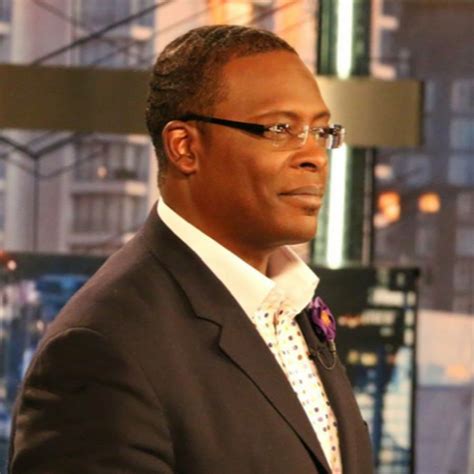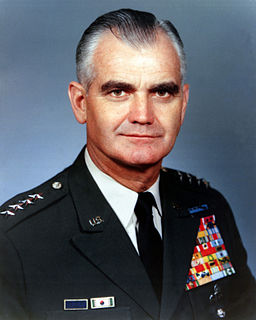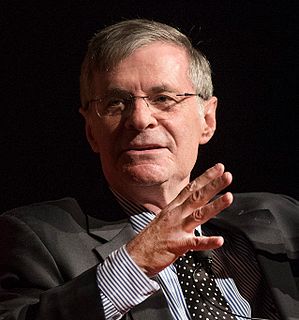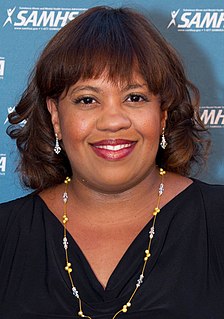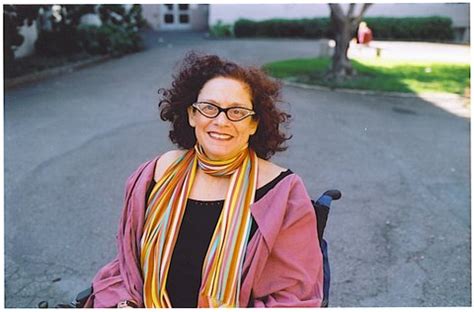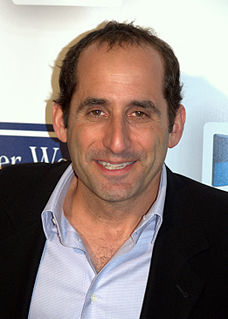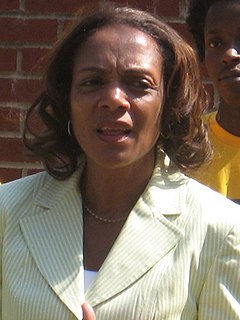A Quote by Joe Walsh
I was 20, and my reality was that people either went to college full-time, or they were draftable. The dear friends that I went to high school with that didn't go to college eventually wound up in Vietnam, and I noticed that they came home different. I was in Ohio during the Vietnam War era.
Related Quotes
Most of us who were opposed to the war, especially in the early '60's - the war we were opposed to was the war on South Vietnam which destroyed South Vietnam's rural society. The South was devastated. But now anyone who opposed this atrocity is regarded as having defended North Vietnam. And that's part of the effort to present the war as if it were a war between South Vietnam and North Vietnam with the United States helping the South. Of course it's fabrication. But it's "official truth" now.
When my friends who were college age took a year off of school, they'd play in Weatherbox, or between high school and college. People always joined on a short-term basis and I did things one day at a time, I guess. There was never a big plan when someone was joining. They were never joining on a full-time membership basis. Since then, we just deal with it. I'd like to have a band that's a total constant, but it's probably not realistic at some point.
I think that the war on drugs is domestic Vietnam. And didn't we learn from Vietnam that, at a certain point in the war, we should stop and rethink our strategy, ask ``Why are we here, what are we doing, what's succeeded, what's failed?'' And we ought to do that with the domestic Vietnam, which is the war on drugs.
There are jobs here in Baltimore, but the problem is we don't have skilled people. Like the Port Covington initiative - that's 20 years out. I instituted initiatives as mayor that called for equities for minorities, increase minority opportunities, training. It's a good model to duplicate. Everybody doesn't want to go to college. A lot of our vocational programs don't have the latest technology. Students should begin freshman year in high school working on a plan for graduation - either going into an apprenticeship or college.



